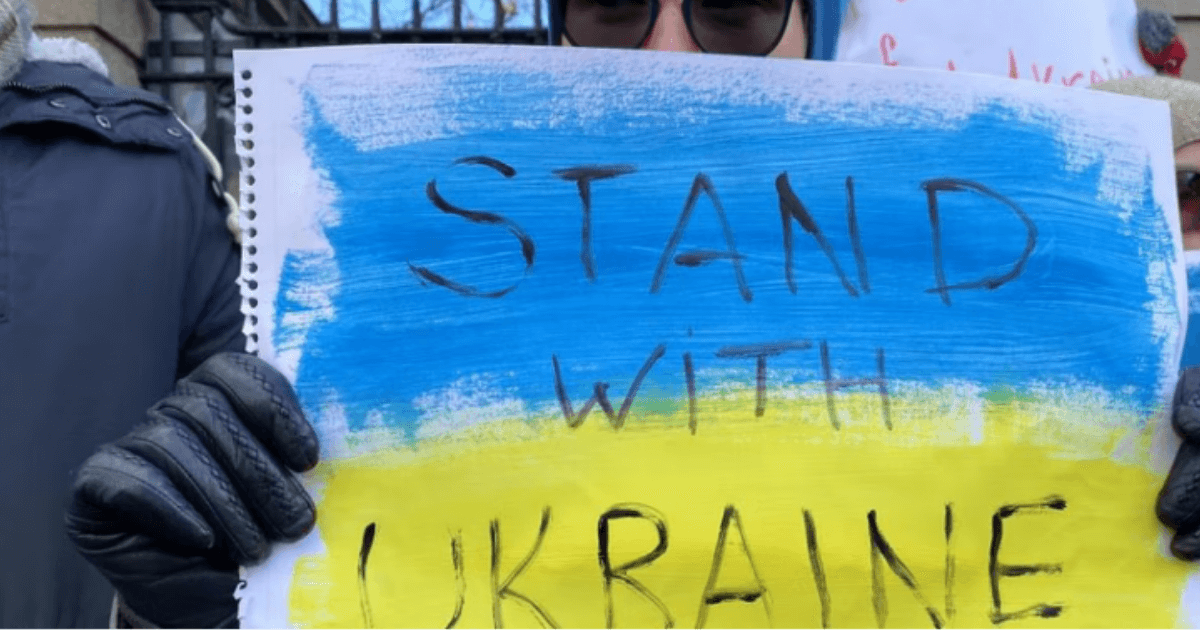Amid Conflict, There’s a Message

Amid the boycotts and suspension of shipments in response to the Russian government’s invasion of Ukraine, there is also the issue of brand messaging.
What was “on brand” several months ago could potentially send a very different message now. And while there are no immediate examples of brand messaging gone awry in the wake of the Ukrainian conflict, many companies are carefully guarding against it.
This concern is being considered with increased frequency as consumers are calling on companies to respond with statements—and actions—regarding the growing number of wars, protests, boycotts, and other global events.
“Everyone is looking over their creative assets to check that they are not sending out a message that can be misinterpreted,” an executive at a European licensing agency said. “No doubt some goods will be pulled from shelves and production. That’s not because a company wants to withdraw support from a region, but rather that assets [that were] drawn up six months ago as being ‘on brand’ could well have a dark resonance in the real world now.”
Beyond brand messaging, however, it has become more important than ever that IP owners and their licensing partners are walking the walk as well as talking the talk.
“It’s great to make the statements, but you also have to own them and live by them [otherwise] you can be perceived as being hollow,” a licensor executive said. “Corporations have to have social responsibility. If you haven’t done it yet you need to be on the road to doing it, whether [the focus] is human rights, sustainability or not doing business in countries or regions where they use child labor.”
As it stands, many companies are temporarily suspending product shipments to Russia. Mattel did so on March 11, joining dozens of companies ranging from Coca-Cola to McDonald’s to PVH Corp., which owns the Calvin Klein and Tommy Hilfiger brands.
Film studios and streaming services like Netflix have also suspended operations in the region. Sony Pictures Entertainment last week pulled the Mobius film from theatrical distribution in Russia, where it was scheduled for release in April, and suspended its Crunchyroll anime streaming service.
Additionally, many retailers closed stores and suspended online sales in the region as a result of the crisis. Inditex shut down 502 locations in Russia (including Zara and Pull & Bear) and 85 locations in Ukraine on March 5 after it was unable to “guarantee the continuity of operations” in those countries, CEO Oscar Garcia Maceiras said in releasing year-end earnings on Wednesday. Inditex will reopen in Russia “when possible,” Garcia Maceiras said, a decision complicated by the Russian government’s threat to nationalize foreign brands.
As for business in Russia, Moscow-based agency Megalicense has had to adapt to significant changes, including the devaluation of the ruble against international currencies, “complications” in paying international licensors and “panic” around signing contracts and paying invoices, said president Antony Grishin.
Companies have also had to adapt to the “sudden decision” by licensors to suspend business while also honoring existing contracts, Grishin said. “We remain confident that licensors can soon return to the market, which continues to grow. We would like to avoid the situation of having a big increase in counterfeit products of those brands in the market.”
The toll this crisis is taking on average citizens throughout the region is top of mind for many in the industry.
“If we can’t stop them militarily, we have to stop them in their pocketbooks and figure out a way to do that,” a licensee executive said. “You need to do something and shut it down, but you have to take into consideration there are human beings behind it that are innocent people.”
Moving forward, Mattel announced it will match 100% of all employee donations globally to Save the Children for their work in Ukraine. Ubisoft is setting up alternative housing for Ukrainian employees and their families, and made a donation of €200,000 to the Ukrainian Red Cross and Save The Children. Hot Topic is teaming up with World Central Kitchen to provide food to those in crisis, and many others in the licensing industry have leaped into action to support those forced to flee their homes.




